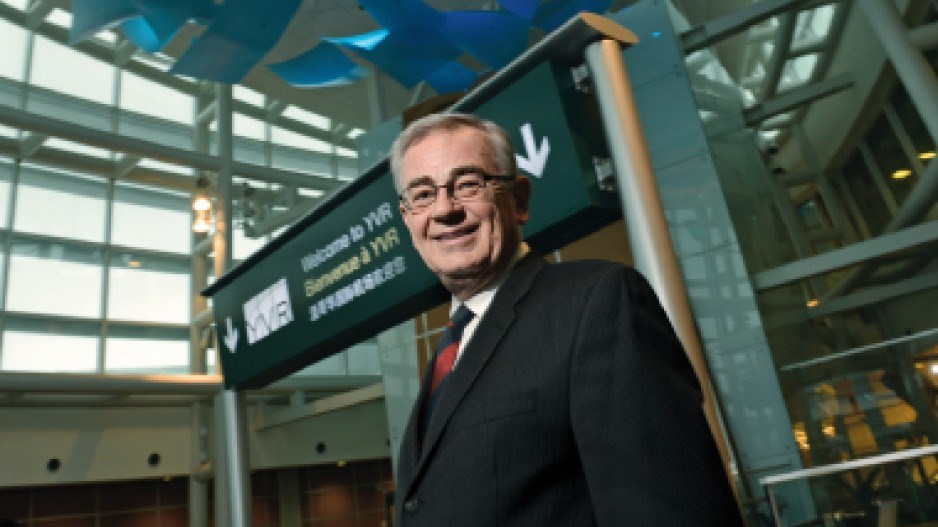Investor interest in an ultra-low-cost airline based in Vancouver has soared since backers of Canada Jetlines Ltd. unveiled their proposal in late November.
Jetlines chief commercial officer David Solloway told Business in Vancouver that his group has attracted promises for more than $4 million in its seed-financing round, which ended December 24. It aimed to raise $1 million.
“It has been incredibly overwhelming,” he said. “I don’t have the exact amount but the round was many times oversubscribed.”
As an ultra-low-cost carrier, Jetlines plans to charge fares an average of 40% to 50% less than Air Canada, Solloway said. The catch is that Jetlines passengers would face a vast array of fees, including charges for carry-on and checked bags, meals and perks such as in-flight iPads. Fees also kick in if customers make reservations using credit cards instead of debit cards or if they use the phone for reservations instead of the Internet.
Solloway and aviation industry veterans Jim Scott and Dix Lawson are working with Vancouver-based Salman Partners and hope to raise $100 million by the time they launch flights this fall.
Investors in the initial seed round bought shares for $0.50 each. A second round of financing launched on January 1 priced shares at $1 apiece.
The round will be open until the group has raised an additional $25 million. Three future financing rounds are expected to generate $25 million each, with share prices rising $0.50 in each subsequent round.
“We need $48 million to get the airline up and running,” Solloway said. “We want to have $100 million so we can have rapid expansion.”
Jetlines plans to start with two leased Airbus A319s, which seat up to 130 passengers. The company would then buy leases on another 14 A319s by 2017.
Flights would operate across Western Canada, including Vancouver, Prince George and Prince Rupert.
The group is on a hiring spree and has already recruited 31 people for executive positions, Solloway said. By the time the airline launches, he intends to have 130 full-time employees. Hiring would then ramp up so the company could employ as many as 780 staff by 2017.
The company’s confidential business plan and investor presentation hinted that employees could be paid less than at other carriers. “Vancouver is considered by many as a desirable Canadian aviation location to work allowing Jetlines to attract employees without a premium paid by other airlines based in cold Canadian climates,” the document noted.
Canaccord Genuity airline analyst David Tyerman told BIV that Jetlines would have lower labour costs at the beginning because everyone would be a new hire. In time, however, he said the company would have to give workers raises and competitive wages or absorb costs related to high turnover.
Jetlines estimates that it would lose $509,000 in its initial year and more than $8.6 million the following year before turning a $15 million profit in year three and a $26 million profit in year four.
Tyerman said losses could continue for longer than the founders expect because it will take Jetlines time to build a network of routes. Canada’s low population is another hurdle for the airline.
“There is a niche for Jetlines if they can serve it cheaply enough and keep costs low enough.”
But Tyerman added that Air Canada and WestJet would likely engage in price wars.
“The two big airlines already watch one another closely and react to pricing moves by one or the other pretty much immediately.




